This compendium of sixteen papers attempts to examine the different aspects of political processes and the structure of politics in pre-colonial India. Taking a close look at the integrative model of state formation in early medieval India, it discusses at length state’s perception of the ‘forest’ and the ‘forest’ as state in early India.
Situating early historical states, it describes the processes of state formation, with special reference to the Mauryan, Kalinga and Andhra empires. It also deals with the making of translocal early kingdoms, the rituals of power, the structure of regional politics, political power and religious prestige, political intermediaries, and cultural comples.
ABOUT THE AUTHOR Bhairabi Prasad Sahu
Bhairabi Prasad Sahu teaches at the Department of History, University of Delhi. He is the author of From Hunters to Broders: Faunal Background of Early India (1988), and has edited Land System and Rural Society in Early India (1997).
ABOUT THE AUTHOR Hermann Kulke
Hermann Kulke is Professor of South and Southeast Asian History in the Department of History, Kiel University. For 21 years he taught at the Southasia Institute of Heiderberg University. He was founder-member of the Orissa Research Project of the Southasia Institute (1970-5), Visiting Professor at Utkal University, Bhubaneswar (1978/9), Asiatic Society, Calcutta (1986) and Jawaharlal Nehru University, Delhi (1992). He is the author of Cidambaramahatmya (1970), Jagannatha Cult and Gajapaati Kingship (1979 both in German), co-author of A History of India (1986, with D. Rothermund), co-editor of The Cult of Jagannath and the Regional Tradition of Orissa (1978, with A. Eschmann and G.C. Tripathi) and of Hinduism Reconsidered (1989, 2nd ed. 1997), with G.D. Sontheimer) and editor of The State in India 1000-1600 (1993).

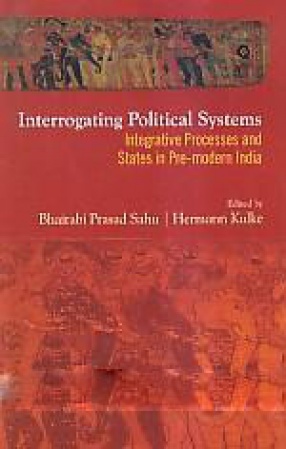
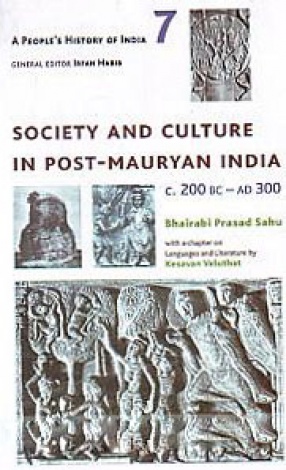
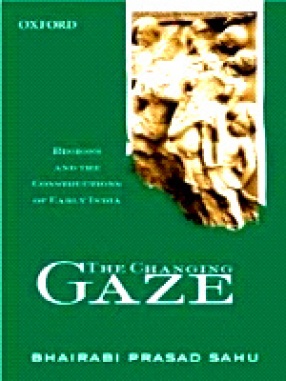
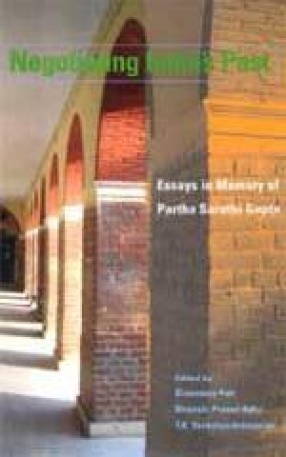
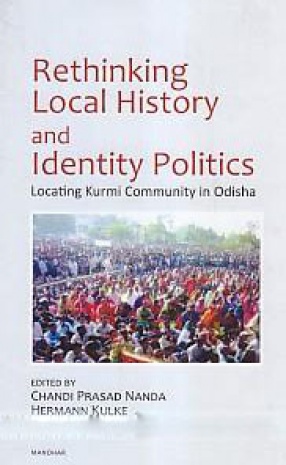
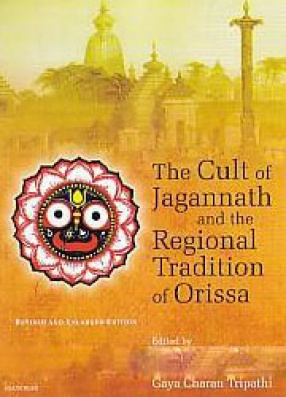
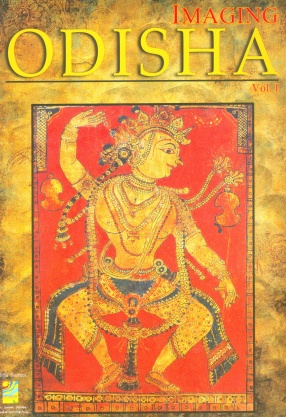

There are no reviews yet.